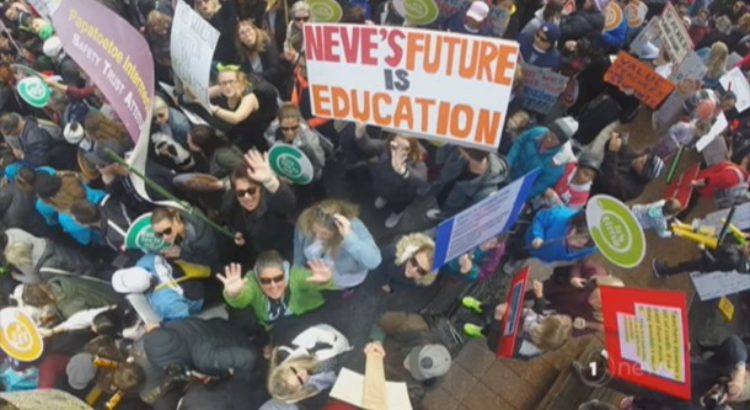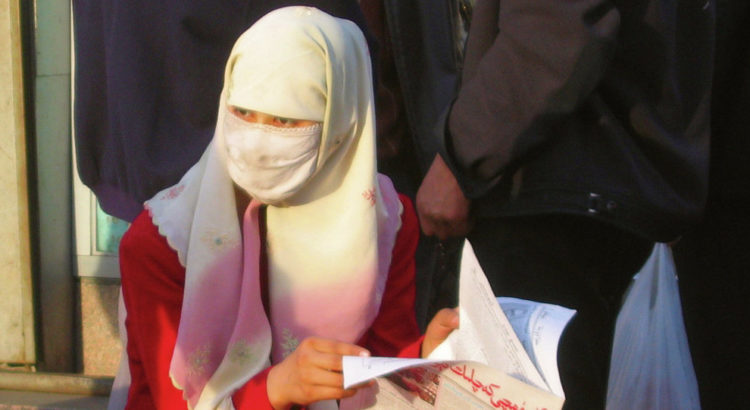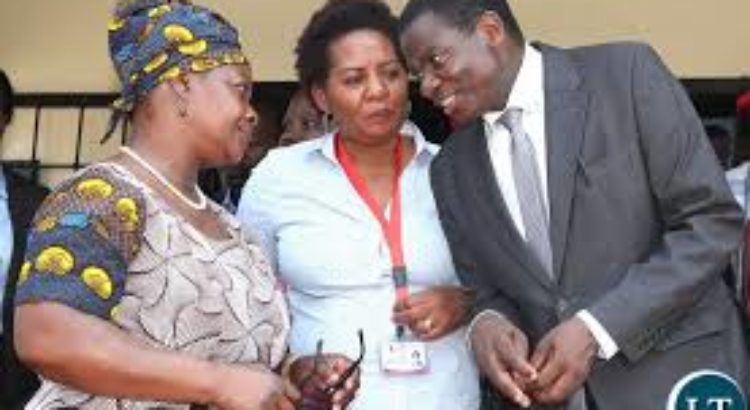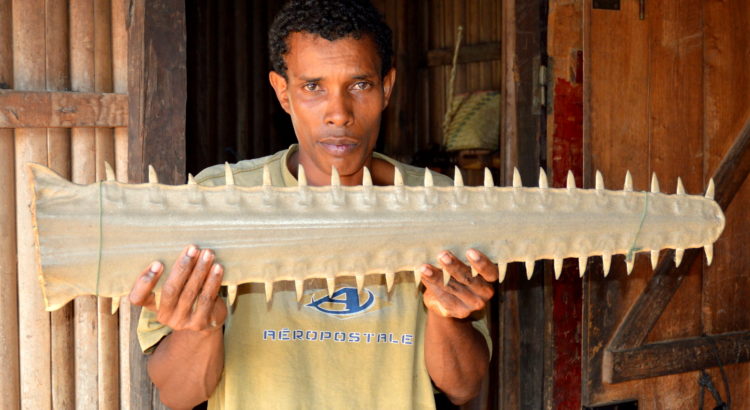By: César Chelala.
“My big challenge is how to instil a sense of morality in my students,” says Eloísa Delmonte, a high school teacher in Gualeguay, Entre Ríos, Argentina.
“Yesterday, for example,” she tells me, “I reproached a student because he had been late for class. He apologized to me but told me that while he wakes up every day at 7 o’clock in the morning, a boy next door gets out of bed at noon, wears the most expensive clothes and buys everything he wants. How does he do it? Very simple, stealing.”
Crime inside the school and in the communities is often intertwined with violence among young people. A recent report by UNICEF: “A Daily Lesson: End Violence in Schools #ENDViolence,” provides troubling statistics.
Worldwide, almost half of students between 13 and 15 years (about 150 million) suffer violence from schoolmates. For many, school is no longer the place to study and grow in peace but filled with confrontation and danger.
In addition, the situation of war and violence in many countries translates into serious attacks against schools and students. According to United Nations figures, in 2017 there were 396 attacks on schools in the Democratic Republic of the Congo, 26 on schools in South Sudan, 67 on schools in the Syrian Arab Republic and 20 on schools in Yemen.
Effects on their future
As a result of these attacks, many children drop out of school and, as a result, their future education and work possibilities are seriously affected.
A report by the Office of the Special Representative of the UN Secretary-General on Violence Against Children describes four main forms of violence in schools: Harassment, physical violence, psychological violence and violence that includes a dimension outside the school and is related to the culture of the gangs.
The phenomenon of “bullying,” which can include sexual violence, has almost reached epidemic proportions worldwide. A study carried out in Mexico in 2013 showed that 7% of boys and 5% of girls in high school said they had suffered insults or attacks of a sexual nature from their peers. A smaller percentage of students stated that they had been forced into sexual behaviors.
Causes of violence
There are numerous causes that explain the current rise in violence, both in schools and outside them. Among the most traditional causes are poverty, marked economic and social inequalities and the vulnerability created by migration processes, particularly when they are forced.
Among the most recent causal phenomena is the massive dissemination of drugs, which creates harmful environments in schools for the growth and education of children. Related to this drug problem are the youth gangs called “maras” in Central American countries that act not only in those countries but also in the United States.
In 2013, according to the Centers for Disease Control and Prevention in the United States, 12% of students ages 12-18 reported that gangs were present at their school during the school year.
“Many times schools are behind the social changes that influence violence,” Professor Delmonte tells me. In addition, a new phenomenon is emerging, such as the great popularity of “youtubers” which often act as models of negative behavior among children at the most susceptible ages. “Nor should we forget”, she insists, that there are two types of violence: The general and the gender violence, and that both are equally terrible.”
The home environment
One shouldn’t rule out the influence of the home environment on children. They imitate the behaviors they see on a daily basis. Violence in homes teaches children that violence is permissible, and they may later act on this belief as adolescents and adults.
To these phenomena, we now have the problem of “cyberbullying,” defined by the Cyberbullying Research Center as “intentional and repeated damage perpetrated through computers, mobile phones and other electronic devices.”
It has been shown that victims who suffer from this modality are more likely to consume alcohol and drugs and to be absent from school.
Consequences of violence
There is a wide range of negative consequences as a result of violence in schools. They include bodily and psychological injuries that can lead to anxiety, depression and even suicide. In addition, in the short term, the academic performance of the students can be seriously affected, while their quality of life is affected in the long term.
Absenteeism can also affect the quality of their education. A study carried out in El Salvador, showed that 23% of students between 13 and 15 years old declared that in the last month of study they had been absent from school because of safety concerns.
Children affected by the phenomenon of “bullying” and cyberbullying are often left with serious psychological consequences that lead to a marked decrease in their self-esteem and that may lead some of them to take their own lives.
How to deal with the problem of violence
Some experts consider violence in schools, which also includes the growing phenomenon of violence against teachers, as a public health problem.
That is why the Center for Disease Control (CDC) uses a four-step approach to deal with this kind of problem. It consists of 1) Definition of the problem, 2) Identification of the risk and protective factors, 3) Development and testing of prevention strategies and 4) Ensuring their widespread adoption.
One of the difficulties in the treatment of this problem is the lack of reliable and up-to-date statistics, so this must be the first step in order to solve violence in the schools. In addition, many countries lack legislation to protect child victims of violence, which requires updating the relevant legislation related to this phenomenon.
It is necessary that parents, teachers and community organizations act in coordination to disseminate and try to find the most appropriate mechanisms to prevent and deal with violence. Only when all interested parties act together, will it be possible to address it effectively.
Source of the review: https://www.theglobalist.com/school-violence-education-gang-violence/














 Users Today : 7
Users Today : 7 Total Users : 35460270
Total Users : 35460270 Views Today : 8
Views Today : 8 Total views : 3418976
Total views : 3418976